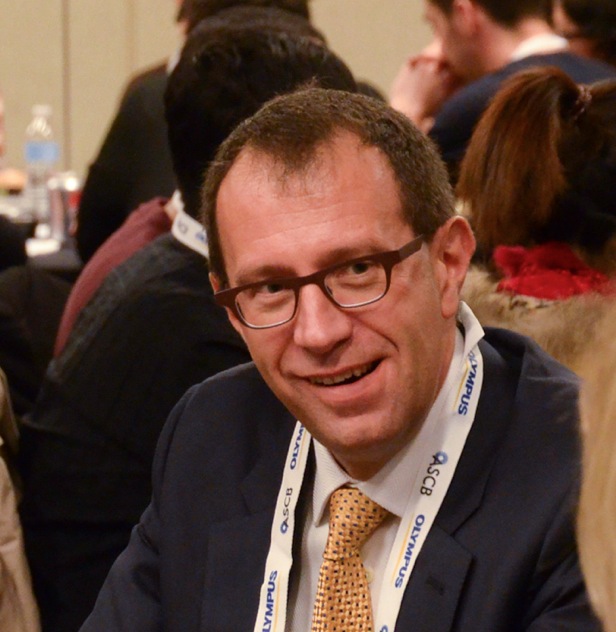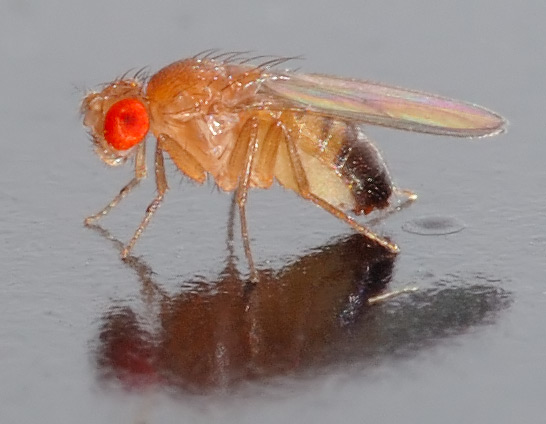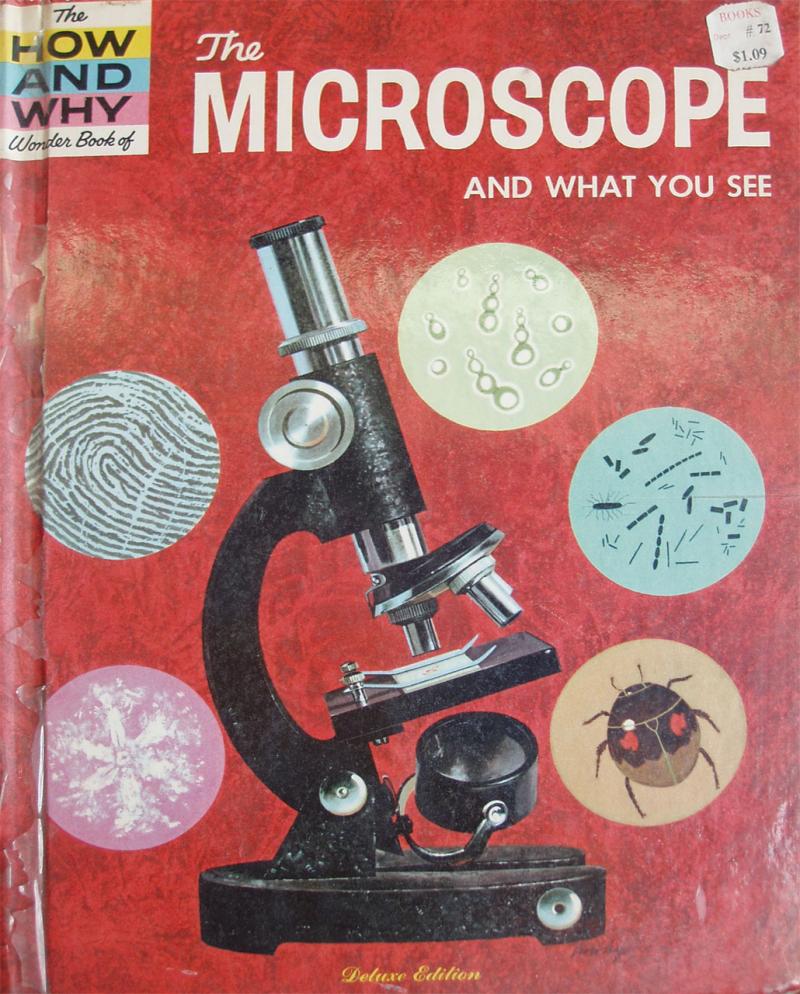 In my last post, I told you that NCSE is collecting stories from scientists, elected officials, journalists, and anyone else whose interest in science, and commitment to great science education, was sparked by a terrific teacher. I began with the story of Stefano Bertuzzi, executive director of the American Society for Cell Biology (ASCB). Stefano’s interest in science was sparked by Ms. Giuseppina Silva, who taught biology at the Liceo Classico in Piacenza, Italy.
In my last post, I told you that NCSE is collecting stories from scientists, elected officials, journalists, and anyone else whose interest in science, and commitment to great science education, was sparked by a terrific teacher. I began with the story of Stefano Bertuzzi, executive director of the American Society for Cell Biology (ASCB). Stefano’s interest in science was sparked by Ms. Giuseppina Silva, who taught biology at the Liceo Classico in Piacenza, Italy.
Ms. Silva’s class was focused on the process of science: how do you ask questions, how do you design an experiment to answer them, and how do you evaluate your results. And rather than talking about this process, the students actually did it. Stefano especially remembers the four cardboard tubes that Ms. Silva ordered from the University of Padua. In th e tubes were tiny flies—the famous Drosophila melanogaster—males and females, with red eyes and white. Ms. Silva taught her students how to care for the flies, breed them, anaesthetize them, and tell males from females under the dissecting scope. The students set up breeding experiments between flies with different eye colors, and counted the results in subsequent generations, learning important principles of genetics—like the segregation of characteristics—by generating and analyzing the data themselves.
e tubes were tiny flies—the famous Drosophila melanogaster—males and females, with red eyes and white. Ms. Silva taught her students how to care for the flies, breed them, anaesthetize them, and tell males from females under the dissecting scope. The students set up breeding experiments between flies with different eye colors, and counted the results in subsequent generations, learning important principles of genetics—like the segregation of characteristics—by generating and analyzing the data themselves.
“I found this totally amazing!” Stefano told me. “It was transformative for me.” To help her care for the flies, Ms. Silva would ask students to volunteer after school and “everyone would come, because it was so much fun.” Was it all fun and no rigor? No way. Stefano says “the tests were quite tough, but the way you learned the answers was in a very good, fun, and inspiring way.”
“That was my first inkling that I might want to go into science.”
Even though Ms. Silva was Stefano’s science teacher for only one year, the fascination kindled in her classroom survived contact with a horrible (his word, not mine!) science teacher the following year. He went on to major in science in college and to go straight on to graduate school. When it was time to choose a topic for his PhD research, he picked a topic so challenging that his advisor arranged for him to do his research in a laboratory at the National Institutes of Health with one of the leaders in that field. I’d like to think that Stefano chose an ambitious question because his earliest enthusiasm for science had been sparked in the context of exploring the unknown. Ms. Silva must have been very proud.
Stefano kept in touch with Ms. Silva and visited her whenever he returned to his native Italy. In her later years, as she was losing her eyesight, she gave Stefano her microscope—surely she knew how much he would treasure it.
in touch with Ms. Silva and visited her whenever he returned to his native Italy. In her later years, as she was losing her eyesight, she gave Stefano her microscope—surely she knew how much he would treasure it.
During Stefano’s career he has made discoveries himself, and helped communicate the discoveries of others. Now he leads a professional society of nearly 10,000 cell biologists, helping them achieve as a group what would be difficult for them to do individually. As ASCB’s mission statement says: “advancing scientific discovery, advocating for sound research policies, improving education, promoting professional development, and increasing diversity in the scientific workforce.” And all because of Ms. Guiseppina Silva:
“She really lit the fire in my belly, and because of her I became a scientist….I really owe everything to her—I certainly wouldn’t be doing what I’m doing if not for her.”
Was there a Ms. Silva in your life? Tell me about it at reid@ncse.com
.

